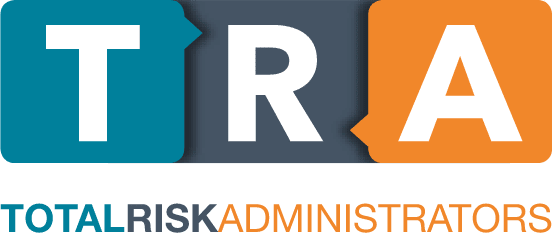Private healthcare can quickly delve into your hard-earned cash if you do not keep close tabs on the limitations of your medical aid benefits and your co-payment expenditure. It is important to manage your medical expenses smartly if you want these benefits to last. Here are a few tips to save money to make the most of these benefits while managing your health.
How to make your medical aid last longer
- Gap Cover
If you have any concerns about potential co-payments, gap cover could help avoid costly out-of-pocket in-hospital medical fees. Gap health insurance works with your medical plan to close in-hospital payment gaps if your medical aid benefits are exhausted. - Look for generic medicines
Generic alternatives to original brands are often priced at a fraction of the cost, and medical schemes will typically pay in full for generic options. If the generic medicine has the same active ingredient as the original brand, it will be just as effective with the same strength and dosage. You can ask your pharmacist for generic options, especially if you are on chronic medication. - Don’t ignore Managed Care benefits
Carefully study your medical aid plan to see whether your scheme offers any Managed Care programmes. These programmes typically help those who need to manage chronic conditions such as diabetes, cancer, and HIV/AIDS. The programmes are usually funded by your medical contribution’s risk portion and not from your savings account – meaning that you are getting the most from your benefits while receiving the medical care that you need. - Look for Designated Service Providers (DSPs)
Try to find DSPs when you are looking for a hospital, doctor, or pharmacist. These providers have partnered with medical schemes and won’t charge more than a negotiated preferential rate. Using DSPs means that you can avoid or lower potential co-payments. - Ask questions
If you need to be hospitalised for a routine procedure, ensure that the hospital and doctors are on your medical scheme DSP list. Take time to ask your doctor or specialist how much they will charge and ask them to explain the bill in terms of your medical aid coverage. Should your medical aid not cover enough of the doctor’s fee, ask your doctor whether they would be willing to negotiate a lower rate. Ensure that you have obtained the necessary pre-authorisation for procedures and that the correct ICD-10 codes are being used.
If you would like more information on our Gap cover plans to boost your medical aid benefits, contact the Total Risk Administrators team today













